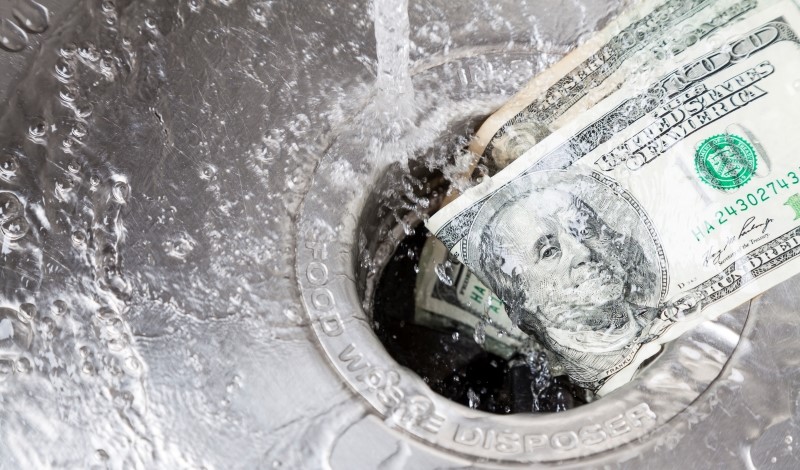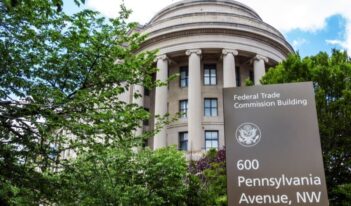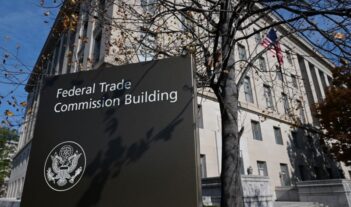
The FTC proposes a rule that would prohibit hidden and misrepresented fees.
Have you ever spent time browsing concert ticket websites in search of the best deal, only to find that the price listed is less than the price you will pay? Or have you looked at the receipt from a hotel stay and wondered what “resort” and “destination” charges were for?
Nearly every American has incurred what the Federal Trade Commission (FTC) calls “junk fees,” or hidden and misrepresented fees charged for goods and services.
To protect consumers from unexpected financial hits, the FTC recently proposed a rule that would prohibit junk fees and hold businesses who charge such fees accountable.
The proposed rule would forbid a number of actions, including the practice of hiding mandatory fees and other charges included in the total price of a good or service. The rule would also prohibit businesses from featuring a price other than the total price in advertisements or misrepresenting the nature of added fees.
The FTC Act—the statute that established the FTC and defines its responsibilities—already prohibits unfair or deceptive business practices. And although provisions of the FTC Act authorize the FTC to seek monetary damages from companies for deceived customers, a recent U.S. Supreme Court decision limited the FTC’s ability to exercise that authority.
So the FTC found another solution, using its authority to propose a rule that would create a broader avenue to recover money from violators.
The FTC’s goal to crack down on deceptive pricing has received broad consumer support. In 2022, the FTC sought input from consumers and businesses about whether to propose a rule on junk fees. It specifically asked consumers whether—and how often—they experienced unfair or deceptive practices relating to fees. The FTC received over 12,000 comments, most of which supported government action.
Consumers complained, for example, that they often only saw hidden fees after spending substantial time engaging in the transaction. One commenter claimed that companies “wait until tickets are near-confirmed,” with customers waiting long periods—sometimes hours—in virtual queues, only to discover that the total price is far higher than the listed price.
Consumers also claimed that fees can be excessive and vague. One consumer noted that they are sometimes unable to afford certain products after unclear fees are added.
According to consumer groups, excessive and vague fees are especially harmful because of their outsized impact on vulnerable groups, including low-income and historically marginalized consumers. They contend that these fees may “push consumers out of mainstream financial products and into fringe financial services and predatory financial products.”
Some businesses also support a proposed rule. These businesses, including well-known ticket seller StubHub, explained that companies gain competitive advantages when the display prices of their products are lower than the price a customer ultimately pays, leading customers away from more transparent sellers—whose listed prices may be higher but are more representative of the final price of the product or service.
On the other hand, the U.S. Chamber of Commerce and the Association of National Advertisers oppose the proposed rule. They argue that the FTC failed to show that junk fees are prevalent and that the FTC does not have the authority to issue a rule, in part because the U.S. Congress did not instruct it to do so.
The FTC disagreed, and determined that a proposed rule is in the public interest.
The proposed rule is part of the Biden Administration’s broader goal to promote fair competition and improve consumer protection, a central promise of the Joseph R. Biden campaign. The Biden Administration acted on that promise in part by creating the White House Competition Council, which includes cabinet members and agency leaders who assist the President in implementing competition and consumer protection initiatives.
One such initiative called for the elimination of junk fees, ensuring that the full price of a product is clear to customers at first glance.
And the FTC is not the only agency taking a closer look at companies’ fee policies, in line with the Biden Administration’s emphasis on fairer markets for consumers, workers, and small businesses.
The Department of Transportation, for example, proposed a rule that would require disclosure of fees for bags and flight changes. The Federal Communications Commission proposed a rule that would require disclosure of cable fees from cable providers. And the Consumer Financial Protection Bureau, a regulator of financial institutions, proposed a rule that would require credit card companies to lower late fees. All three rules are pending.
Final actions have also been taken. In 2022, the Consumer Financial Protection Bureau advised that overdraft and depositor fees not reasonably anticipated by consumers are likely unlawful, leading to $120 million in consumer refunds. The Federal Communications Commission finalized a rule in 2023 that requires internet service providers to fully disclose internet fees.
Even without a final rule from the FTC, consumers may already feel the effects of the Biden Administration’s tough stance on hidden and misrepresented junk fees. Live-event ticket sellers, for example, have begun to voluntarily disclose the full price of tickets on their websites, providing greater transparency for consumers.
Should the FTC’s rule be finalized, the Biden Administration anticipates that these savings will add up, leading to more money in consumers’ pockets.



